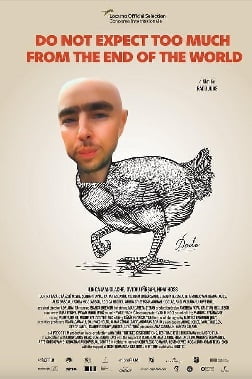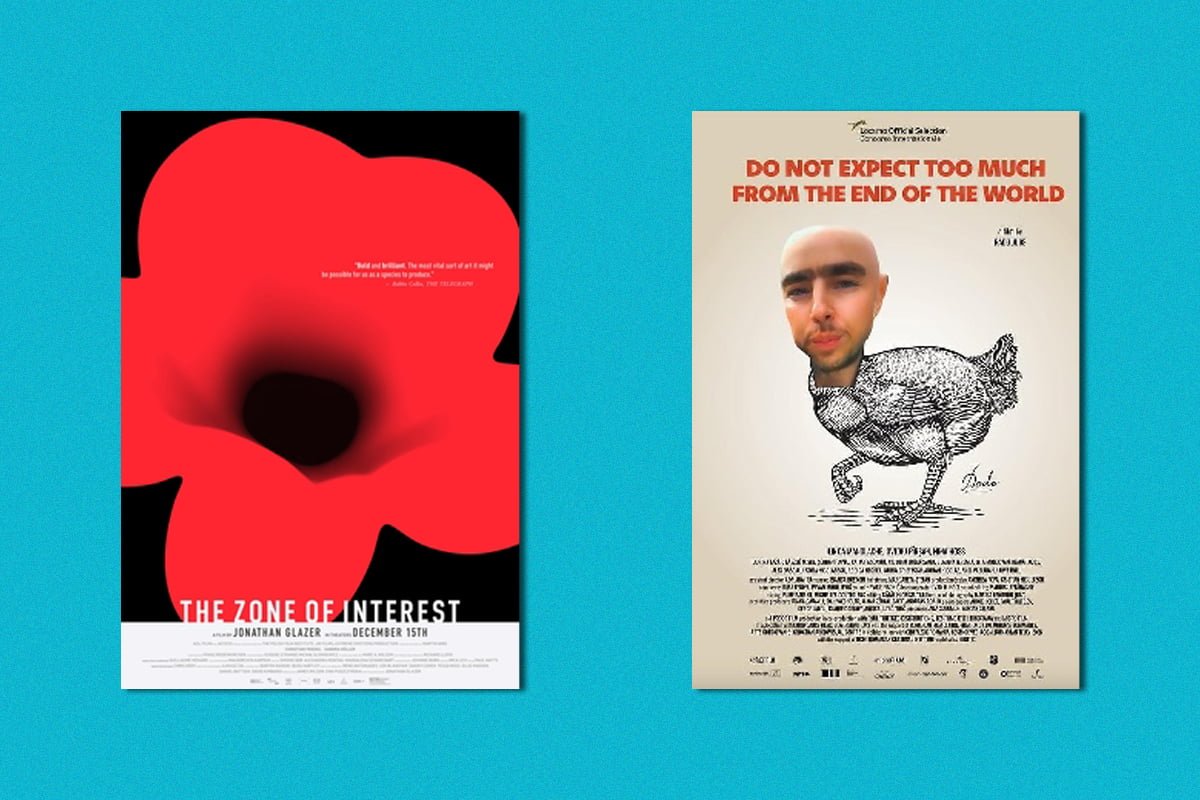The Zone of Interest
Acclaimed Austrian director Michael Haneke, on the depiction of the Holocaust in cinema, once described Steven Spielberg’s Schindler’s List as “unspeakable”.
For Haneke, to depict genocide as “melodrama”, “to draw suspense out of the question whether from the shower head comes gas or water”, was artistically and politically irresponsible.
Jonathan Glazer’s ‘The Zone of Interest’, therefore, perhaps offers us the best answer to the question of how to portray the unportrayable: by having the horror play out off screen.

The film’s examination of Nazi psychology, in this respect, is much less about what we do see, and more about what’s kept just out of sight.
The plot, based on a book by Martin Amis, is a coldly-focused deconstruction of Auschwitz commandant Rudolf Höss, following him and his family’s idyllic bourgeois life, contained in perfectly maintained gardens pressed against the walls of the extermination camp.
As the Höss children play, the roar of the crematorium, and the echoes of screams and firing squads, are folded into the dread-inducing ambience of each scene.
Intentionally or not, against all odds, Glazer has managed to create a pressingly relevant film on the nature of industrialised violence and the complicity that enables it.
Now more than ever, with Israel poised to attack the supposed ‘safe zone’ Rafah, with impunity ensured by western imperialist powers, The Zone of Interest is required viewing for any communist.
Jamie Morrison
Do Not Expect Too Much from the End of the World
The alarm goes off. It’s 5:50 AM. We hear a woman groaning. It’s time to go to work again.

The protagonist in celebrated Romanian filmmaker Radu Jude’s latest feature, Do Not Expect Too Much from the End of the World, begins how most days in working people’s lives begin: getting up to be exploited by capitalists yet again.
Trapped within the frame of her car for most of the film, Angela Răducanu (Ilinca Manolache) is a production assistant at a company that dabbles in trashy genre movies and corporate videos.
She’s tasked with tracking down and recording test interviews with several workers at the same corporation who have all sustained injuries due to overwork and hazardous conditions.
Ironically, Angela herself is forced to work sixteen hours per day to accomplish this. Yet the film doesn’t adopt the glib, self-satisfied attitude often embraced by other ‘socially aware’ festival winners.
The final hour, consisting of a single long take, releases Angela from her car and adopts the perspective of the production company’s camera.
Only at this point does the film reveal its ultimate irony: the injured workers were sought after not to expose the company’s dangerous conditions, but to take part in a manipulative PR stunt – ordered by the same corporate bosses responsible for harming them in the first place!
In other words, not only are the workers’ time and intellect possessed by capitalists, not only are their bodies maimed by the bosses, but their words and images are cynically exploited by these fat cats also.
This is the logical conclusion of a system where the means of production – and ultimately our lives and livelihoods – are in the hands of the rich and powerful.
Arta Barzanji






